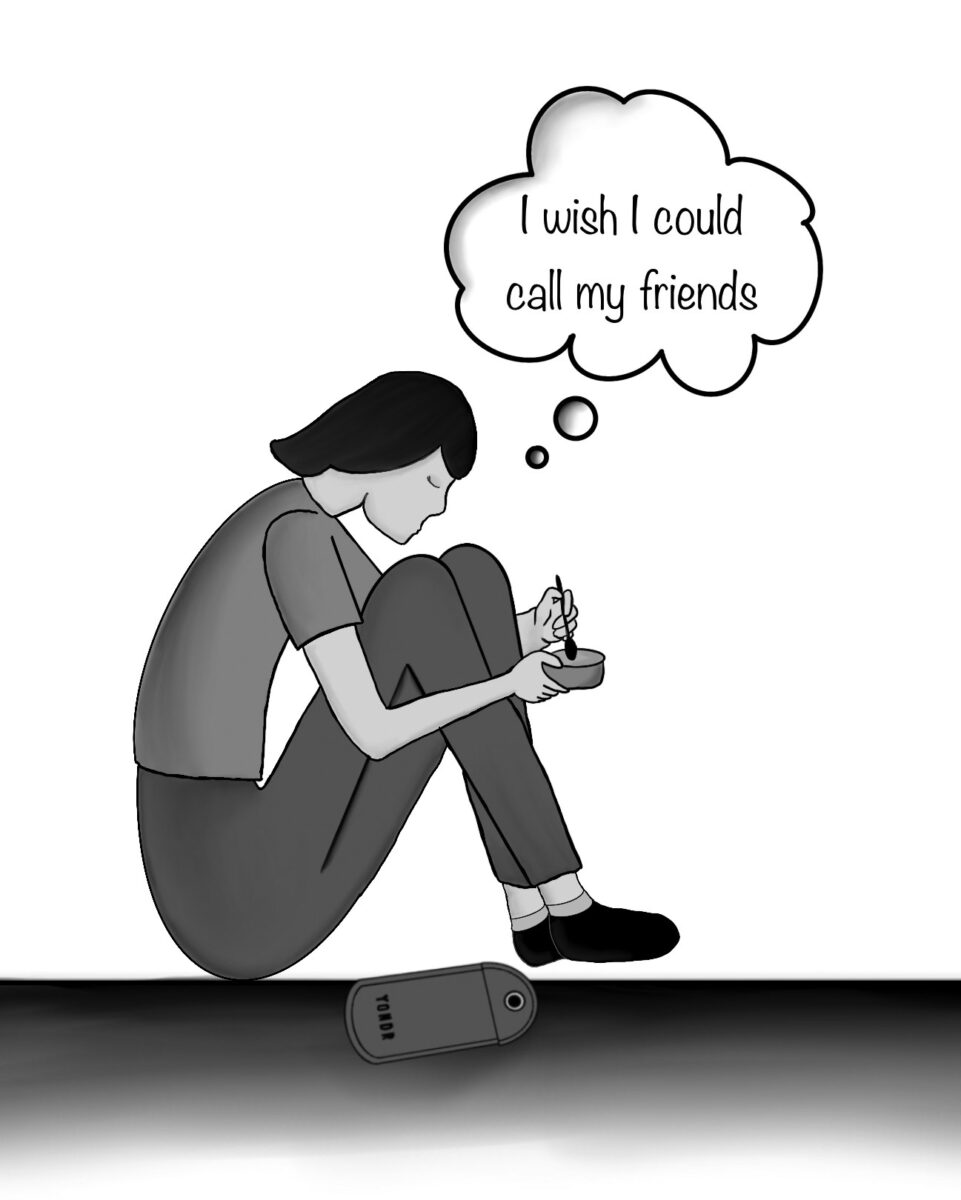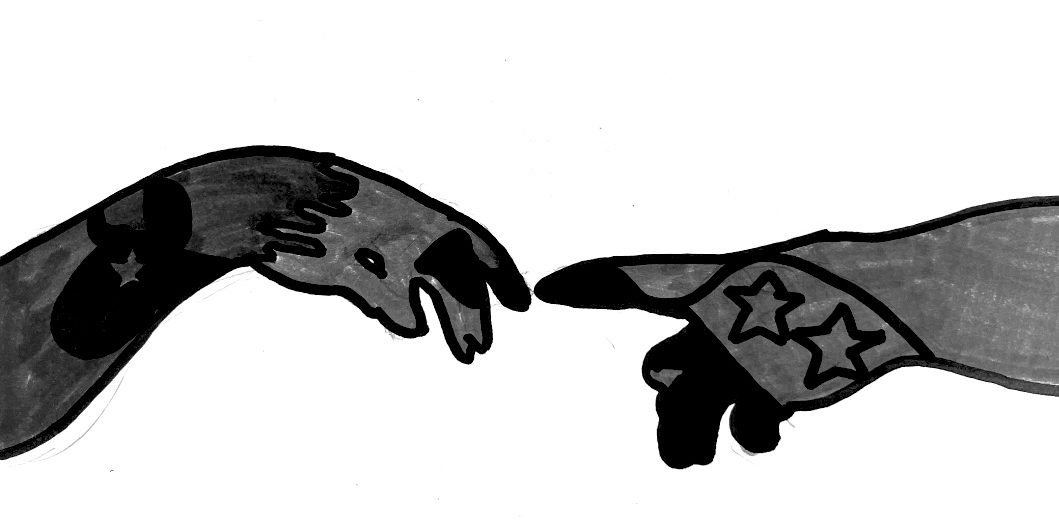When Jon Stewart says that people in your county “practice a mindful stupidity,” maybe it’s time to reevaluate your beliefs. Stewart singled out Marin earlier this month in a Daily Show bit about a topic that’s recently gotten a lot of attention: vaccination.
In Marin County, 88 percent of kindergarteners are vaccinated for measles when they enter school, compared to 94.5 percent nationwide, according to data from the California Department of Public Health and the Centers for Disease Control and Prevention (CDC).

Marin’s relatively low vaccination rate is a problem. And, as Stewart pointed out, it’s caused not by a lack of doctors or medical care, but by a denial of scientific fact.
The issue of undervaccination has come to the forefront in recent weeks, due to an outbreak of measles that has spread across the state.
The measles, a childhood disease that was once nearly eradicated in the United States, is back with a resurgence. Since December, there have been 123 confirmed cases of measles in California as of press time, many of which came from an outbreak at Disneyland, according to the California Department of Health.
So far, two children in Marin have contracted measles. Though this is a small number, measles is highly contagious—one infected person can spread the disease to 12 to 18 other people, according to the CDC.
Lucky for us, however, there’s a remedy: the MMR vaccine, which protects against measles, mumps, and rubella. It’s 95 percent effective.
If everyone were immunized against measles, we wouldn’t even be writing this editorial. But that’s not the case. California has some of the most lenient immunization laws in the country, meaning that many students enter kindergarten without being fully vaccinated.
Some students cannot get vaccinated for medical reasons, but other families use personal belief exemptions to skip out on their shots.
A personal belief exemption can be used by families who choose not to get vaccinated for religious or philosophical reasons. While it’s important that families have the ability to express their beliefs, these exemptions are sometimes applied for the wrong reasons.
Some Americans believe, incorrectly, that vaccines are more harmful than helpful. Some think that vaccines cause autism, or don’t work, or contain dangerous chemicals. However, the study that linked vaccines to autism was shown to be false.
Anti-vaccine beliefs prevail, founded on little science and lots of hype. This is dangerous not only for the unvaccinated child, but also for those who cannot get vaccinated for various health reasons.
Vaccines are most effective when everyone gets them. This is a theory called “herd immunity.”
In a given population, there will always be some people who are vulnerable to a disease, such as people with immune disorders, or young children. Children cannot receive the measles vaccine until they are 12 months old, so they could catch and spread the disease. But when the vulnerable people are surrounded by protected people, the disease won’t be able to spread.
Herd immunity only works when a certain percentage of the population, the herd immunity threshold, is vaccinated. Because measles is so contagious, 83 to 94 percent of people must be vaccinated in order to control the disease.
Marin is teetering on the edge of the herd immunity threshold, and it could cost us.
The good thing is that the solution is simple. If everyone who is able to get vaccinated does so, the measles outbreak won’t be a problem anymore.
All Redwood students should be immunized for measles and other common childhood diseases, unless a medical condition prohibits it. Redwood should require that students be immunized for measles in order to attend school, and families should realize the importance of immunization.
Redwood already requires some vaccinations, so it’s not a stretch to require the measles vaccine too. Getting vaccinated is a small gesture that has immense benefits for an entire community.
And then, maybe Jon Stewart will stop calling us “science-denying California liberals,” and we can focus on more important things.











